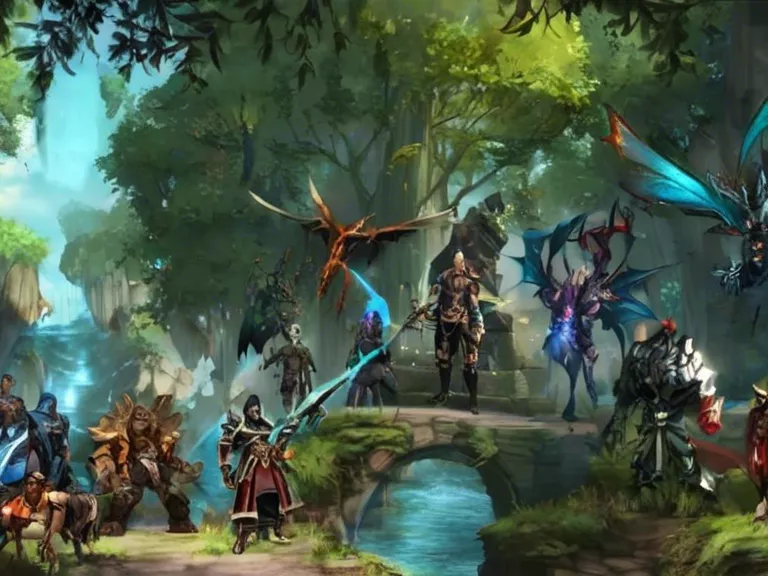
In recent years, the gaming industry has seen a shift towards story-based games that focus on delivering emotional experiences to players. These games prioritize narrative over gameplay mechanics, allowing players to immerse themselves in compelling stories that evoke a range of emotions. From heart-wrenching tragedies to heartwarming tales of friendship, story-based games have the power to make players laugh, cry, and everything in between.
One of the most successful examples of a story-based game that delivers emotional experiences is "The Last of Us" series. Developed by Naughty Dog, these games follow the journey of Joel and Ellie as they navigate a post-apocalyptic world filled with danger and despair. The emotional bond that forms between the two protagonists is palpable, leading players on a rollercoaster of emotions as they witness their struggles and triumphs.
Another standout title in this genre is "Life is Strange" by Dontnod Entertainment. This episodic adventure game puts players in the shoes of Max Caulfield, a high school student who discovers she has the power to rewind time. The game's narrative is driven by player choices, allowing them to shape the story and influence the relationships between characters. "Life is Strange" tackles themes of friendship, love, and loss, prompting players to reflect on their own experiences and values.
"Undertale" by Toby Fox is another noteworthy entry in the realm of story-based games. This indie RPG subverts traditional gaming conventions by emphasizing moral choices and character interactions over combat. Players are encouraged to forge meaningful connections with the game's quirky cast of characters, leading to emotional payoffs that resonate long after the credits roll.
These are just a few examples of the many story-based games that have captivated players with their emotional depth and storytelling prowess. As the gaming industry continues to evolve, we can expect to see more titles that push the boundaries of narrative-driven experiences, challenging players to explore complex emotions and themes in immersive virtual worlds.



